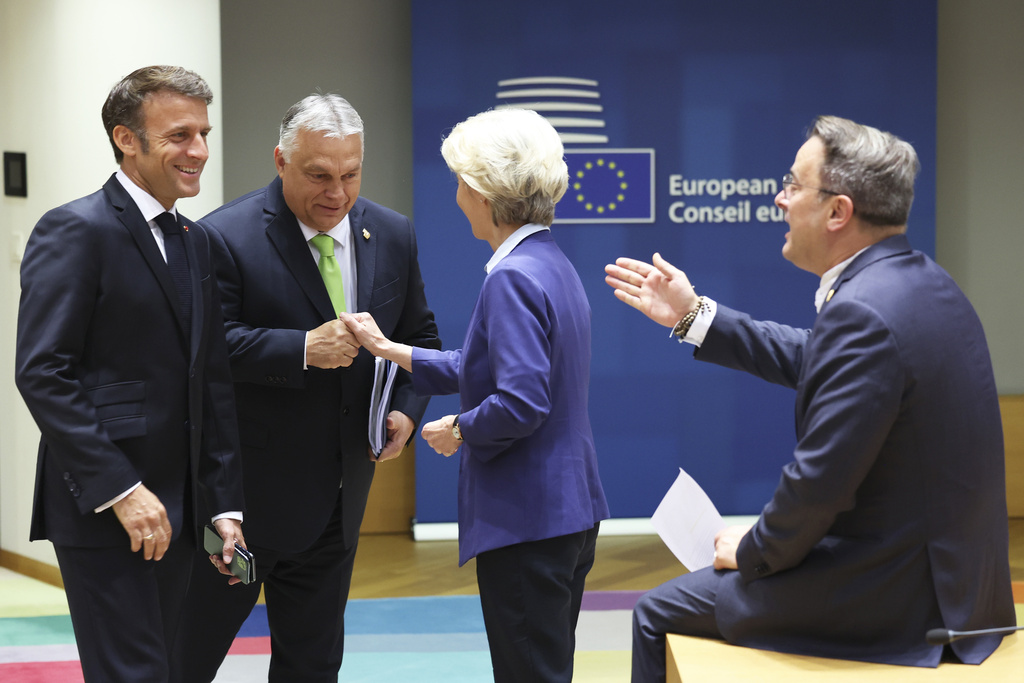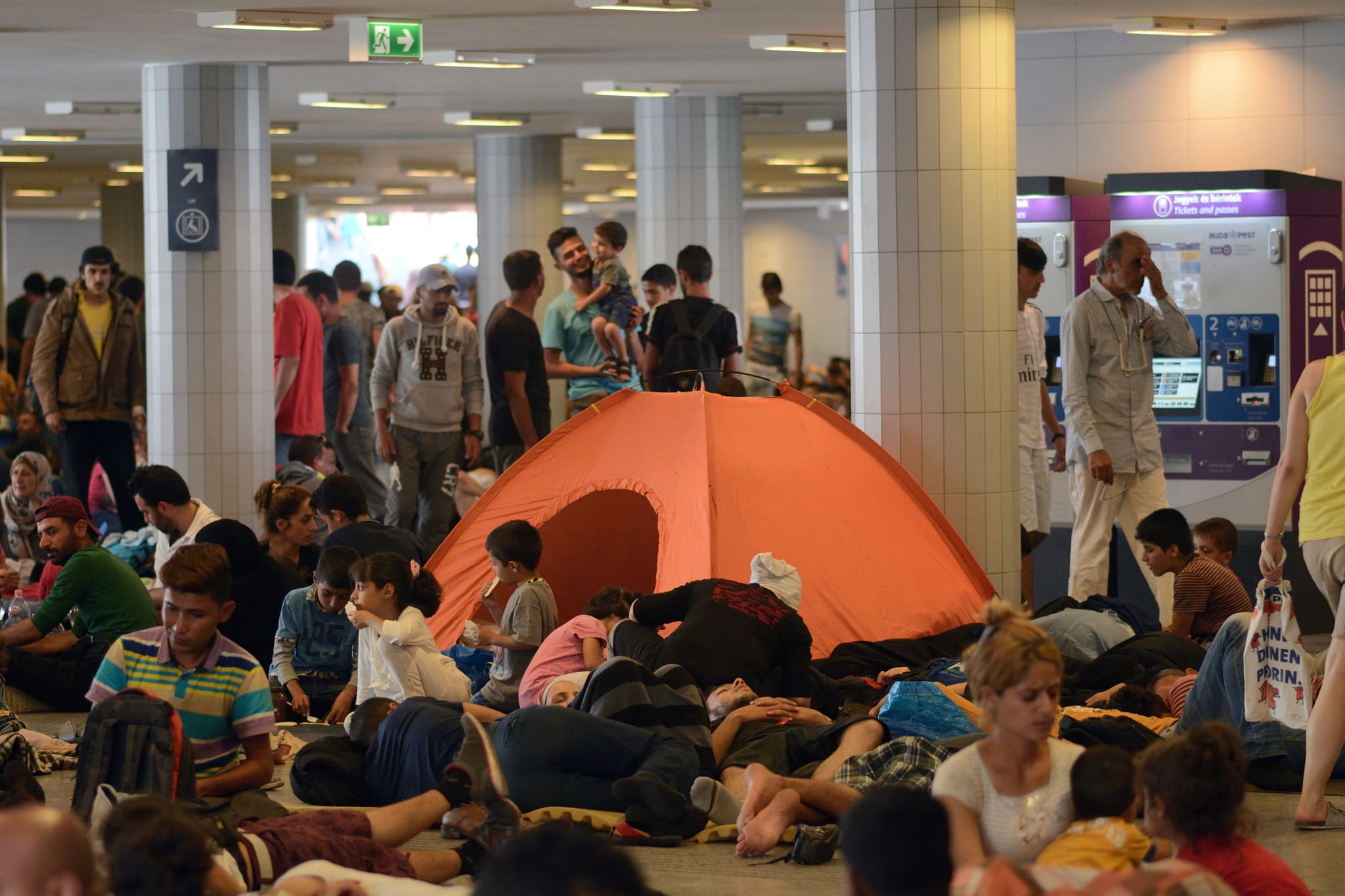It is not only the Hungarian government that has been opposing the European Commission’s plan to establish large migration centers and migrant ghettos with a very strong political will for eight years. The Hungarians people have as well, said Hungarian Minister for International Communications Zoltán Kovács on Sunday on national Kossuth Radio.
A Hungarian national consultation, referendum and constitutional amendment have all made it quite clear what the Hungarian people want, and the current forced migrant relocation policy of the EU is in total contradiction to the Hungarian constitutional system.
Zoltán Kovács was asked about the fact that the European Commission does not want to stop migration but foster it. A new term, “migrant ghetto,” has appeared: There would be city-sized camps somewhere on Hungary’s southern border. The EU proposes that Hungary should care for migrants in these camps until their asylum applications are assessed; even if their assessment is not completed in 12 weeks, they should be allowed to remain in the camps.
On the plan to manage migration, the state secretary said that proposals that had once been put forward in Brussels during the 2015 migration summit were being taken up again.
At that time, he recalled, there were plans to set up entry points, so-called hotspots, in external countries, but the plan was scrapped because of the outcry from NGOs and the left.
He said that the Hungarian government remains firmly committed to its previous position against the distribution of migrants.
Asked whether Hungary and Poland can prevent the plan from being implemented, Kovács said that only a unified decision on migration can be taken, and a unanimous decision and consensus is needed from the heads of state and government representing the countries. Otherwise, the citizens of the individual states could rightly feel that decisions are being forced on them and that their will is being circumvented.

As for the European Commission’s demand for extra payments from member states, the secretary of state said it was clear that the EU’s seven-year budget had been called into question in just two years and the question was whether the community was heading for bankruptcy.
He said member states did not know where the money had gone, there were no itemized accounts, and it was not clear exactly how the €70 billion that the EU had paid out to Ukraine in various forms over the past year and a half had been spent.
He pointed out that while the EU expects its member states to pay extra money for rejecting migrants, many countries, including Hungary and Poland, have not received the subsidies they have been owed for years.






